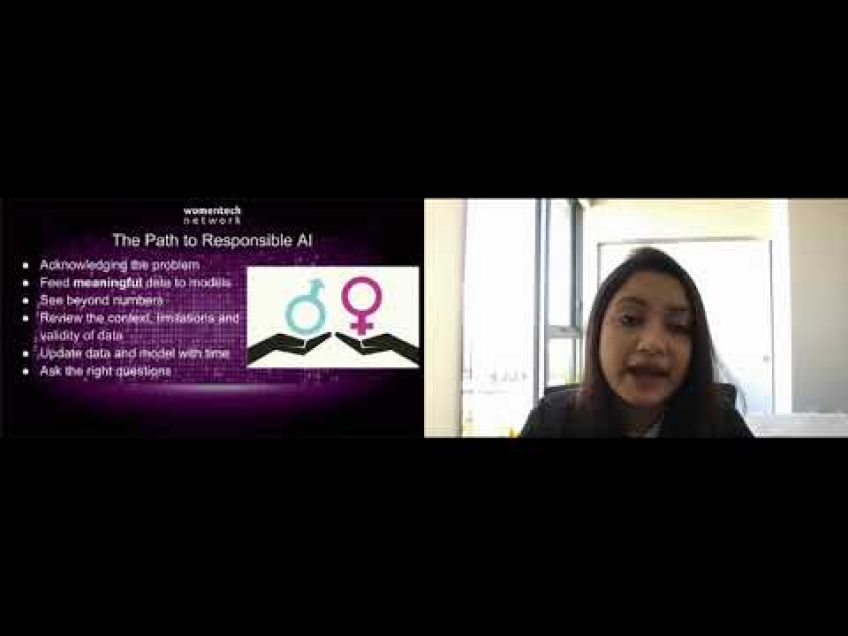- Career Path
- AI Practitioner
AI Practitioner
Career Path: AI Practitioner
As an AI Practitioner in the field of artificial intelligence, individuals have the opportunity to make significant contributions to cutting-edge technology and innovation. AI Practitioners develop and implement machine learning algorithms, natural language processing systems, and other AI technologies to solve complex problems and create intelligent solutions across various industries.
Professionals in this role are responsible for designing, developing, and maintaining AI systems that can analyze large data sets, automate processes, and make predictive recommendations. They collaborate with cross-functional teams to identify business needs, prototype AI solutions, and integrate them into existing systems.
Skills Required
Individuals pursuing a career as an AI Practitioner should possess a strong foundation in computer science, mathematics, and programming. Proficiency in programming languages such as Python, R, or Java is essential, as well as expertise in data analysis, statistical modeling, and deep learning frameworks. Additionally, candidates should have a solid understanding of AI ethics, data privacy, and security, along with strong problem-solving and critical thinking abilities.
Experience in working with large datasets, cloud-based technologies, and knowledge of industry-specific applications of AI, such as healthcare, finance, or autonomous vehicles, can further enhance a candidate's suitability for an AI Practitioner role. Strong communication skills and the ability to collaborate with stakeholders from diverse backgrounds are also critical for success in this career path.
Opportunities for AI Practitioners exist across industries, including technology companies, research institutions, healthcare organizations, financial services, and manufacturing. With the growing demand for AI-driven solutions, individuals in this role have the potential to drive meaningful impact and shape the future of technology and business.

